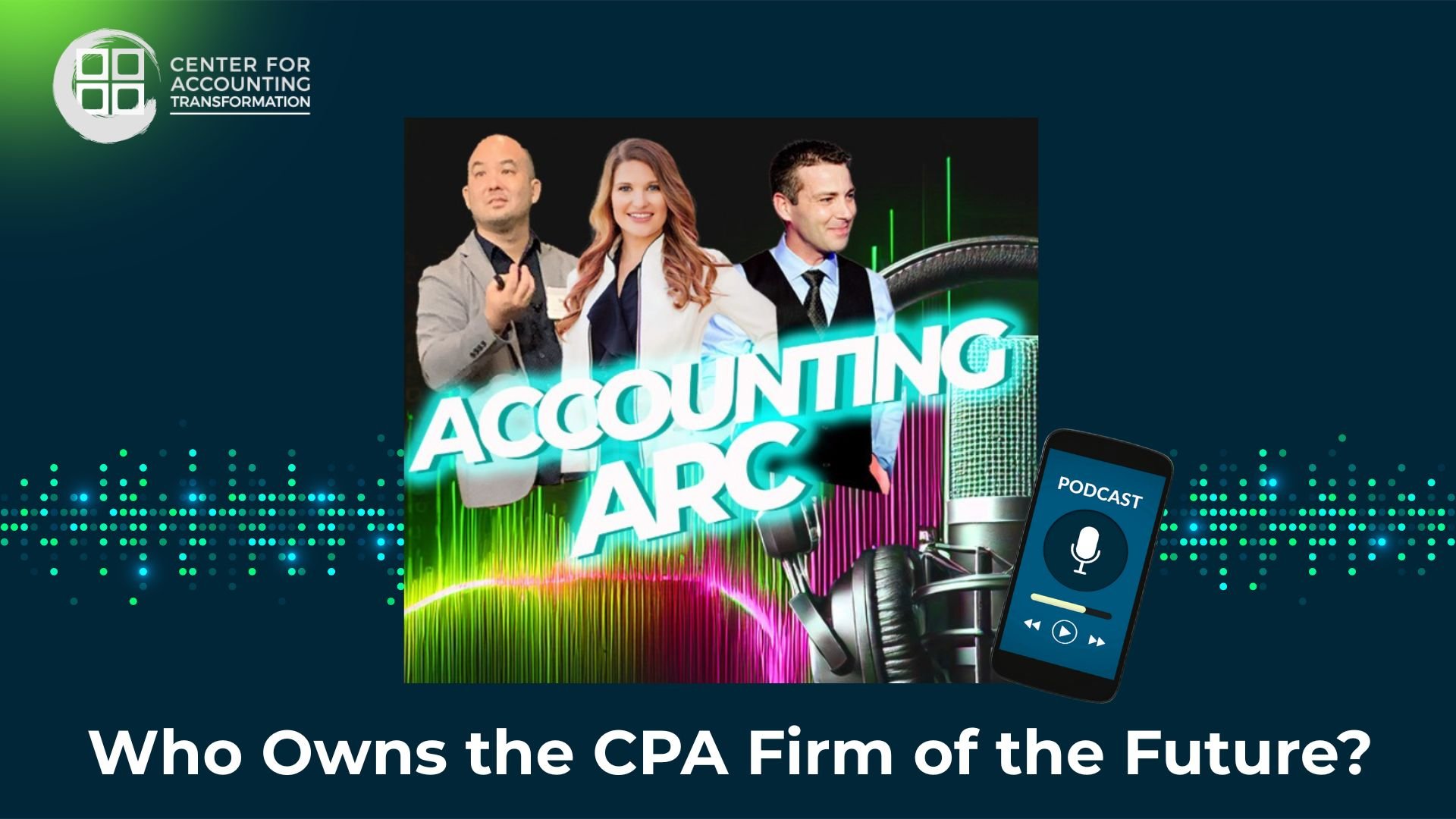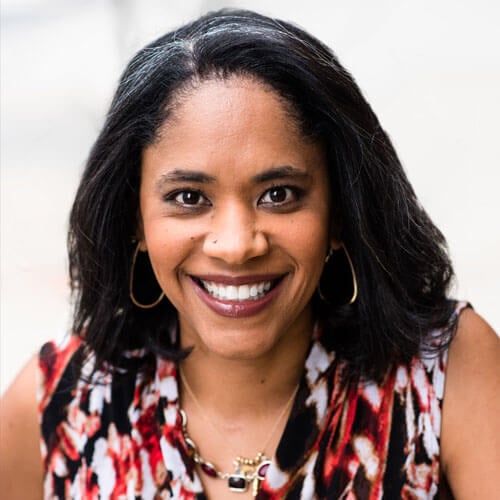0
Who Owns the CPA Firm of the Future?

Private equity, alternative structures, and shifting rules raise big questions about ethics, trust, and the CPA designation itself.
The question of who should own CPA firms is more than a technicality—it cuts to the heart of public trust, ethics, and the future of the accounting profession. In a recent episode of the Accounting ARC podcast, hosts Liz Mason, CPA; Byron Patrick, CPA.CITP, CGMA; and Donny Shimamoto, CPA.CITP, CGMA, unpack the complex history and debate what ownership means today.
From individual licenses to firm registration
CPA licensure began in 1896 with individuals, not firms. For decades, sole proprietors dominated. By the mid-20th century, states began requiring firm registration, and by the 1990s and 2000s, most states mandated that firms be majority-owned by CPAs. As Patrick, CEO of VERIFYiQ and co-founder of TB Academy, notes, “Before the 1990s, firms had to be 100 percent CPA-owned.”
This evolution tied the CPA designation not just to individuals but also to the organizations they worked for. Mason, CEO for High Rock Accounting, explains that this shift limited how CPAs could represent themselves outside of registered firms, even though they had earned the credential independently.
Safeguarding ethics and public trust
The hosts agree that ownership rules exist to protect the public. “As CPAs, we put the client’s interest above our own—and in many cases, the public’s interest above both,” says Shimamoto, founder and managing director of IntrapriseTechKnowlogies and the founder and inspiration architect for the Center for Accounting Transformation. Mason emphasizes that loosening ownership requirements risks replacing ethical obligations with investor profit motives.
Patrick highlights another challenge: the public often doesn’t know the difference between CPA and non-CPA accounting firms. This lack of clarity makes firm ownership and regulation even more important for maintaining trust.
Private equity pressures and alternative structures
Private equity investment is reshaping the profession. Many firms now split into audit practices (which must remain CPA-owned) and advisory or tax entities that can accept non-CPA investors. Mason argues that advisory services also demand CPA oversight. “Most consulting requires the ethics and insight we’re trained to deliver as CPAs,” she says.
Shimamoto adds that while audits may be the most regulated, advisory firms that voluntarily register as CPA firms demonstrate commitment to higher standards. Both he and Mason note that the cost of compliance and insurance can be steep but worth it to protect clients.
Preparing the next generation
The conversation also turns to education and the pipeline. Both Mason and Patrick advocate for apprenticeship-style internships that provide real experience, rather than marketing-driven summer programs. This, they believe, would make the value of licensure clearer to students and strengthen the profession’s future.
Why ownership still matters
At stake is whether the CPA remains a gold standard of financial trust—or fades into a narrowly defined credential relevant only for audits. “If CPA ownership no longer matters, the designation risks becoming just a footnote,” Mason warns.
As private equity and alternative structures continue to grow, the debate over CPA firm ownership will only intensify. For the ARC hosts, the solution lies in protecting ethics, educating stakeholders, and ensuring that public trust remains at the core of the profession.
Don’t miss an episode. Be sure to SUBSCRIBE below:

















